EDITORIAL
Published on 07 Apr 2022
Editorial: Media, Body Image, and Eating Behaviors
doi 10.3389/fpsyg.2022.851346
- 3,075 views
17k
Total downloads
102k
Total views and downloads
You will be redirected to our submission process.
EDITORIAL
Published on 07 Apr 2022
ORIGINAL RESEARCH
Published on 26 Nov 2021
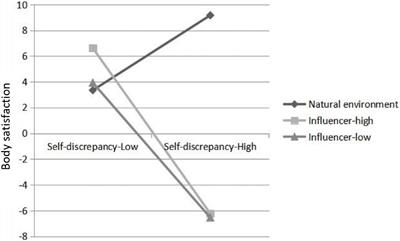
MINI REVIEW
Published on 12 Nov 2021
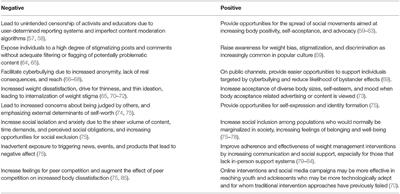
SYSTEMATIC REVIEW
Published on 02 Aug 2021
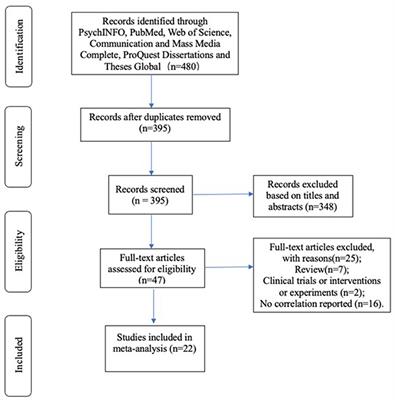
ORIGINAL RESEARCH
Published on 07 Jun 2021

ORIGINAL RESEARCH
Published on 12 May 2021
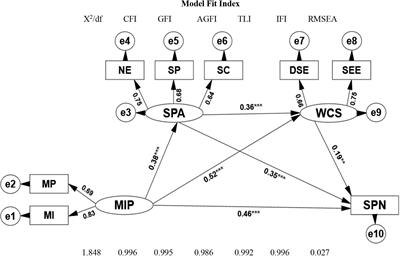
ORIGINAL RESEARCH
Published on 26 Apr 2021
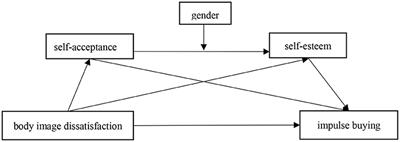

Frontiers in Nutrition
Eating BehaviorOffline